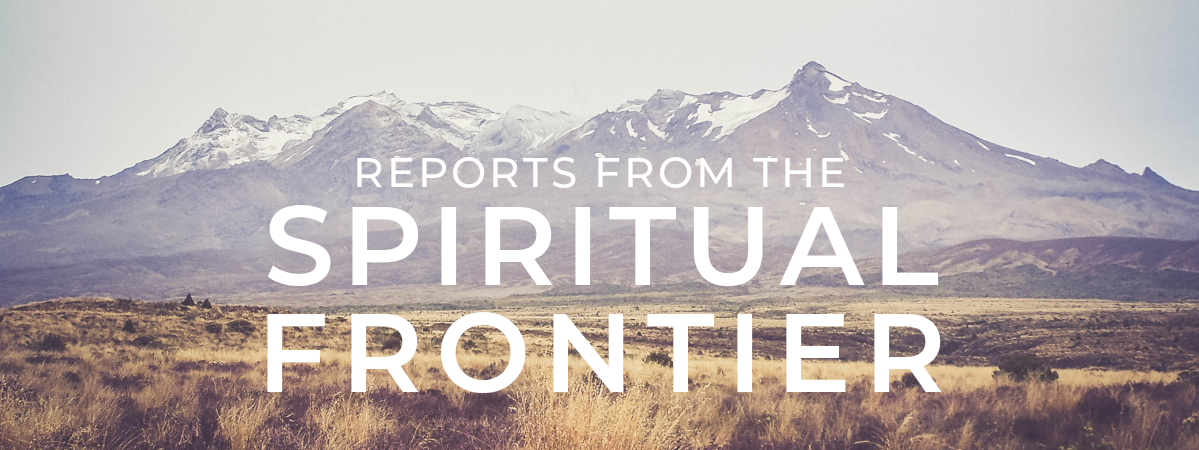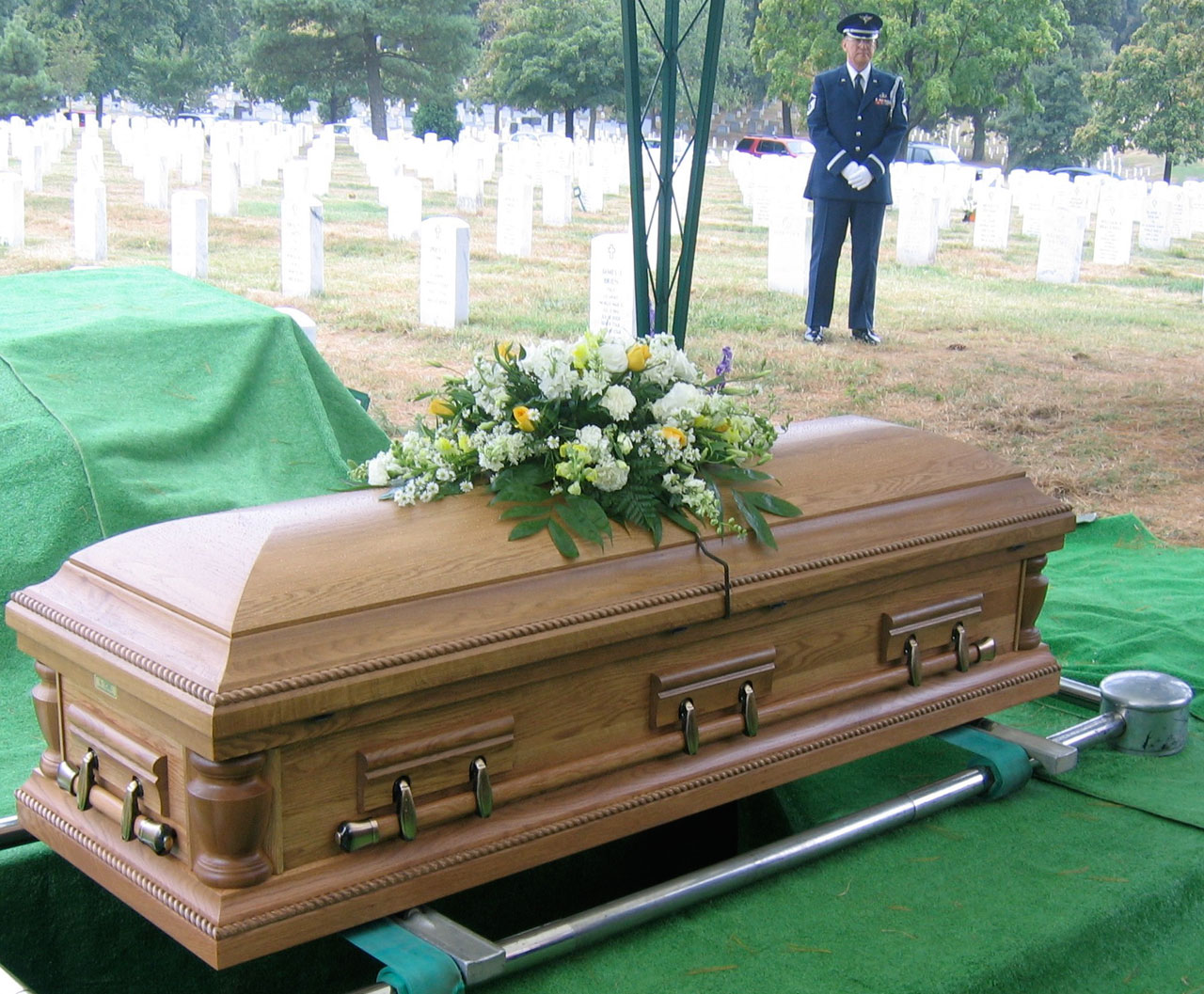Nanowrimo is not happening for me this year, but I’m trying to write everyday in November. I’ll be posting fragments of what I write here daily. Here’s post #2
There are a thousand ways that people of my particular religious tribe (progressive mainline Protestants) have found to keep God at safe’s arms distance, especially in worship.
1) The almost exclusive use of communal language when singing or doing liturgy.
Often, communal language experientially includes everyone except the person singing it. In other words, yes, I know that God loves us, but do you that God loves you?
2) Fixation on always using theologically correct terms for God.
Yes, it is important for us to de-centralize exclusively masculine language for God. However, this over-fixation leads us to treating God as a term to be correctly defined, rather than a being to have a relationship with . (That first line in the Lord’s Prayer? It’s not really “Our Father”, it’s our “Abba” or our “Daddy”. All relational language is particularized.)
3) Publicly Praying for Everyone But Oneself
Prayer begins with our personal encounter, face to face with God, one that we are frequently afraid of naming publicly (or privately.) Prayer times can devolve into a laundry list of prayers for others or places in the world that need God’s help; because asking God for strength to personally get through a week, or to help us forgive someone we don’t like, or to help us overcome a particular personal failing requires far more vulnerability that we’re comfortable with.
4) A maniacal focus on theological and thematical correctness over embodied experience in worship.
Which hymn do you pick? The one with a slightly clunky text or not-so-great melody that connects better with that *one* line from the scripture you’re reading or the one that engages people’s bodies and emotions ? The former wins out almost every time. In seminary, I remembered noting that while we often sung songs *about* God, we really sang songs to God; each hymn a theological creed rather than a love song.





